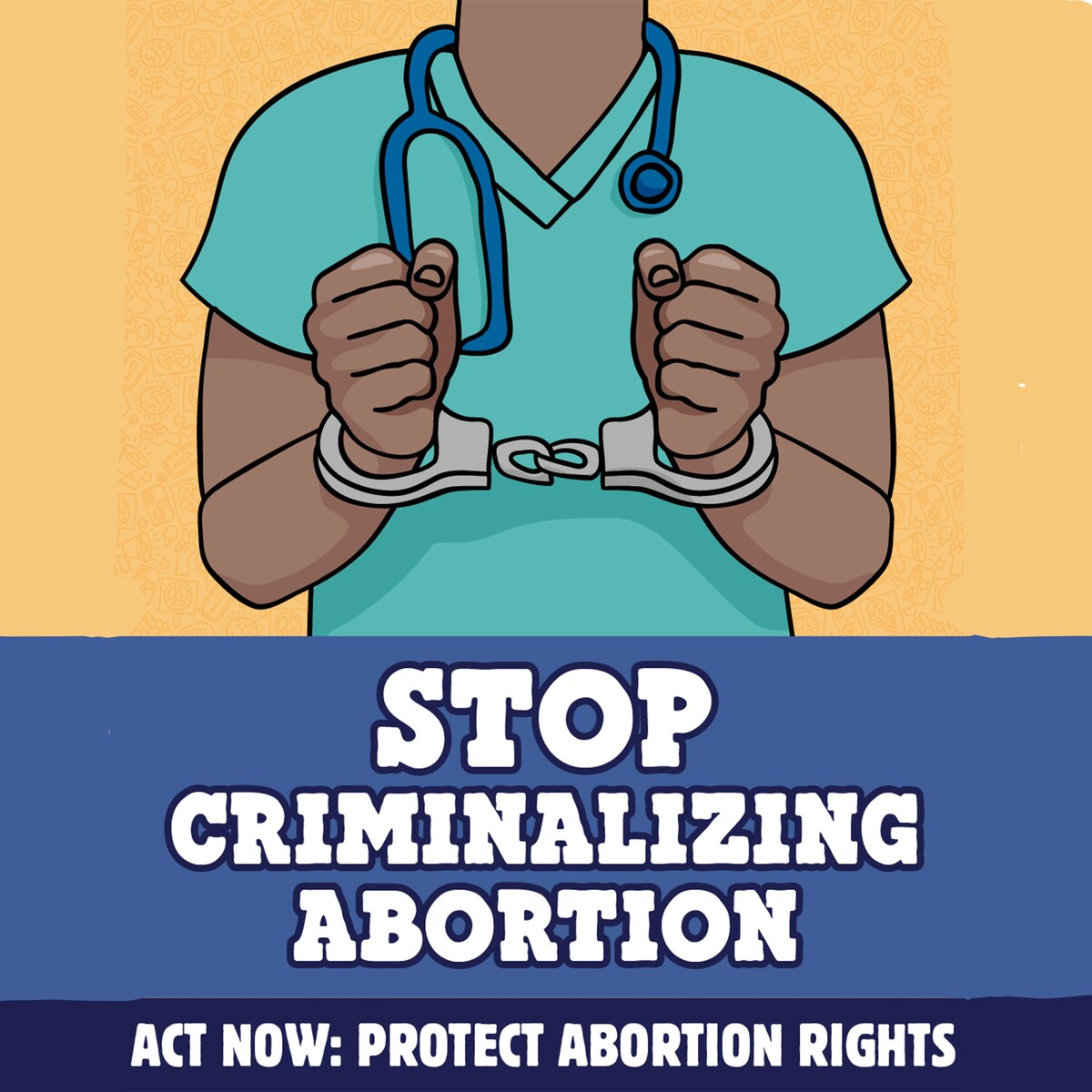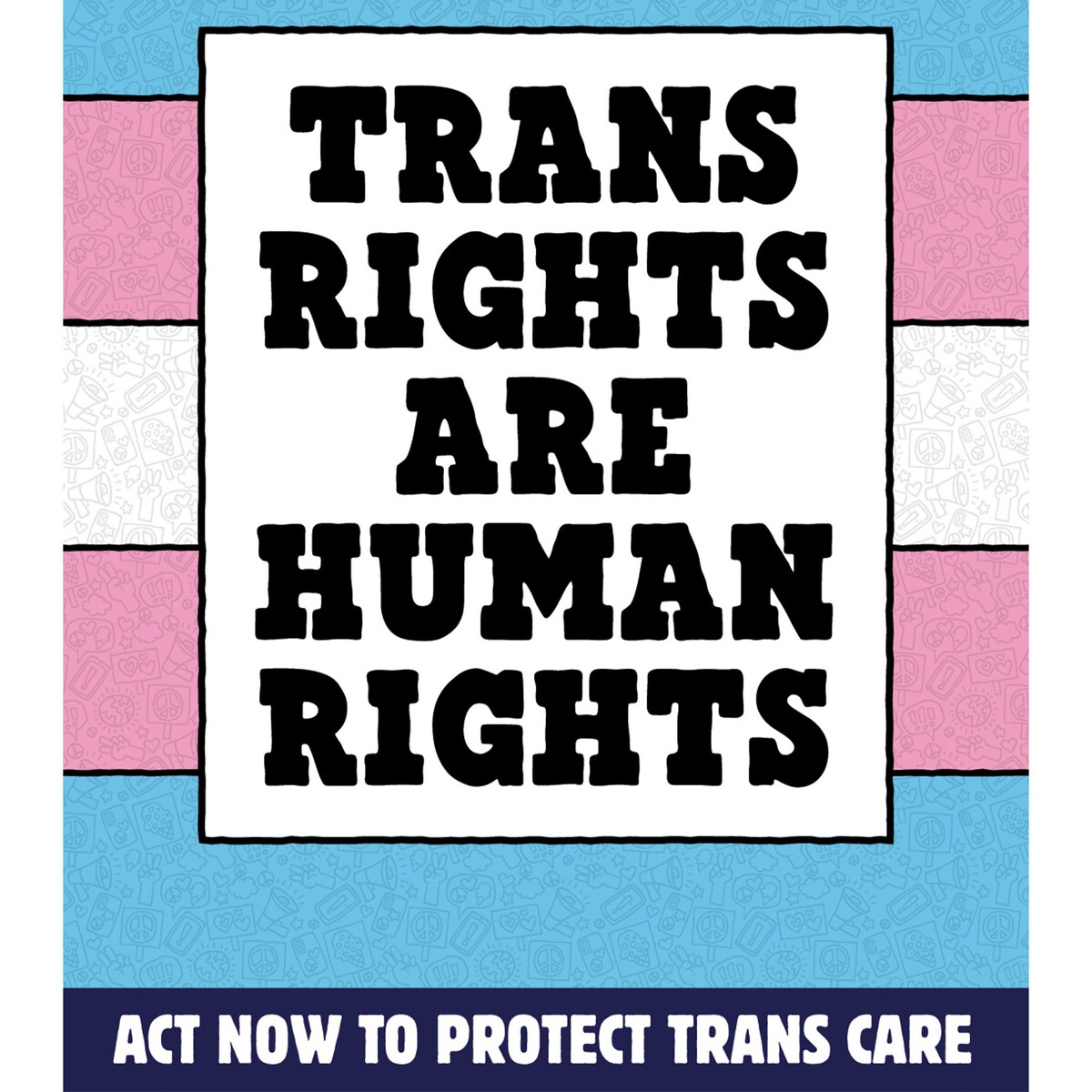December 11, 2015
At the Paris UN Climate Conference (COP21), Friday was meant to be the final day of this two-week push for an agreement on curbing climate change. But after marathon negotiations during the second week, the deadline has been pushed back until Saturday morning, giving delegates more time to work out critical issues that as of yet haven’t produced a final deal.

We’re still optimistic that tomorrow morning will bring a historic, global agrement on stopping runaway climate change and put us on a pathway to a 100% clean energy future. But it’s already been a grueling two weeks, and delegates wouldn’t be kicking negotiations into overtime without good reason. Here are the top considerations left to be decided:
Long-Term Temperature Target
We’ve already seen how pressure from activists and the most climate-vulnerable countries has actually driven the talks toward a goal of limiting warming to just 1.5 degrees Celsius. That’s an even better outcome the 2-degree target agreed to in Copenhagen six years ago, but it’s a commitment that not all the countries share, making this one of the remaining sticking points.
Financing
At the last COP in Copenhagen, developed countries committed to $100 billion a year by 2020 to support developing countries already dealing with the impacts of climate change and in need of a leapfrog transition to clean energy. It’s a good sign that developed UN countries recognize climate justice as a very real and very pressing concern, but as of now the devil is in the details. To be precise, which country will be designated as “developing,” and which “developed” countries will have to pay how much money— all of which is still up in the air.
Transparency
Once all these kinks (and many others) are worked out, that’s not the end of it. When the over 190 countries walk (or, more likely fly) away from Paris, how can we be sure that they are following through on their commitments? Incorporating a strong system of transparency and reporting on progress in reducing emissions will be crucial to both accountability, and measuring our collective headway toward reaching whatever long-term goal is agreed on. And of course on this point too, there’s still plenty of debate.
That may seem like a tall order to get squared away by Saturday morning. But with the amount of momentum the COP21 has already built, we’re holding out hope that this punchlist will get tackled, making Paris a historic moment in confronting climate change.
Recent Articles
Join The Climate Movement
-
With a landmark climate action agreement in place including commitments from 196 countries to fight climate change, now is the time to keep the pressure on and ensure swift action. This climate agreement wouldn’t have happened without millions of people around the world taking action. And we won’t be able to meet the ambitious goals of the Paris Agreement without millions and millions more people taking action in support of a rapid transition to clean energy. Paris was just the beginning, not the end. Let’s get to work towards a greener, cleaner future. Add your voice to the millions demanding action and sign the petition today!



